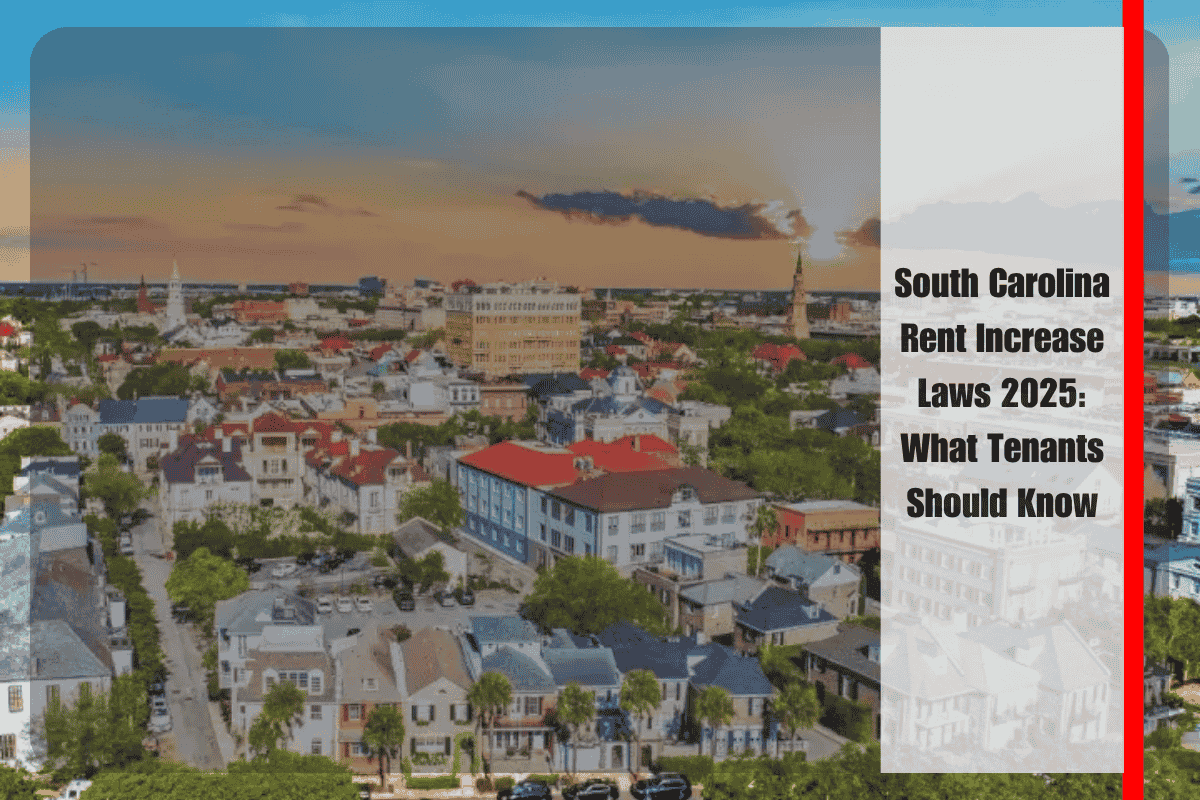In 2025, South Carolina continues to move toward stronger tenant protections on rent increases, but the state does not have a fully enacted rent control law yet. However, several key provisions and legislative proposals are shaping what tenants should know about their rights and what landlords can and cannot do:
South Carolina currently prohibits landlords from raising the rent during the first year of a lease. For week-to-week rentals, at least seven days’ written notice is required before any increase. For all other tenancies, landlords must wait until the first twelve months have elapsed before proposing any rent increase, and then are required to give at least ninety days’ written notice before the higher rent takes effect. The written notice from the landlord must specify both the amount of the increase and the new total rent.
As of early 2025, the legislature has debated—but not yet fully passed—a law to limit rent increases to once per year, and to cap each increase at 7% plus the Consumer Price Index (CPI). If this limit becomes law, landlords could not raise rent beyond this combined percentage annually and would face legal penalties—up to triple the overcharged amount plus damages—if this rule was violated. New construction (properties built within the last fifteen years) and subsidized housing would likely be exempt from these limits.
Outside of this legislative activity, there remains no statewide rent control in effect, meaning landlords generally have broad power to set rent prices at renewal as long as they provide proper written notice and abide by the terms of the lease. Dramatic or sudden increases, however, may be challenged in court if found to be discriminatory or retaliatory. Security deposits are limited—one month’s rent for unfurnished, 1.5 months for furnished units—and must be held in escrow and returned within thirty days of move-out unless deductions apply.
At the core, tenants in South Carolina should review the specific terms of their lease, anticipate notice requirements for any rent increase after the first year, and follow written documentation procedures to contest any improper or excessive hikes. While tenant protections are minimal compared to states with established rent control, the landscape is changing, and renters should remain informed on legislative updates.
Soucres
[1] https://www.hemlane.com/resources/south-carolina-rent-control-laws/
[2] https://www.scstatehouse.gov/sess126_2025-2026/bills/3346.htm
[3] https://www.steadily.com/blog/how-much-can-a-landlord-raise-rent-in-south-carolina
[4] https://www.scstatehouse.gov/sess126_2025-2026/bills/3232.htm
[5] https://www.doorloop.com/blog/how-much-can-a-landlord-raise-rent












